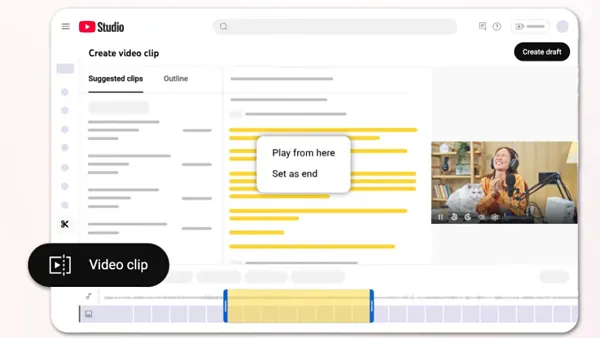Over the past couple of years, several giant corporations have launched online business communities aimed at engaging small business owners and managers through a conversational social media approach. Before I go further I should tell you that I am not a totally neutral observer on this matter; my company, Social Media Today LLC, built and manages MyVenturePad, a business community targeted to growth companies, with the support of SAP. Another one of our communities--The Customer Collective--is backed by BusinessWeek and Oracle.
Obviously, I don't intend to give you any competitive information about our customers but I've done some research of publicly available information (except for the estimated investment which is an informed guess based on about 30 years experience in the marketing and advertising biz) about some of the other companies that have business communities (see chart) and come up with a few thoughts:

1. The amount of money spent suggests that these are mostly marketing-led initiatives, involving agencies, not "groundswell" social media projects by PR or communications departments who bought into conversational marketing early but don't have these kinds of budgets. That means that they cost at least 50% more than they needed to.
2. It's too early to tell how well the Visa Business Network will do but I'm guessing that the marketing people (except for those at Advanta and Intuit) are not thrilled with their results. Agencies and big marketing departments like big numbers. The monthly unique visitor number for American Express, Dell and Bank of America are roughly the same and suggest a total traffic figure of around 4000 visitors a day for each. That's not a lot for a combined $10 million investment and, frankly, we do that well here at Social Media Today and we've probably spent at least $30,000 on demand generation.
3. The quality of the content of a web community trumps the most well-financed demand generation program. No amount of promotion can keep people coming to a community that is not engaging and useful.
4. The best "bang for the buck" communities that I researched are those of Intuit and Advanta which, as it happens, have the most useful content. Not the slickest; the most useful.
5. Which is why you should spend your money on content and building relations with your bloggers and members. Hyping the community with online or, especially, print ads is a total waste of money.
6. Participants in smaller business communties are more engaged and likely to participate than those in bigger communities so make your community only as big as it needs to be. Two thousand engaged and qualified potential customers is better than a million page views.
7. There is a direct relationship to the potential success of a community and the price of the sponsor's products. Two thousand people who might buy an SAP or Oracle software suite are more valuable than 2,000 people who might buy an American Express card.
8. That leads to what I modestly call Jerry's corollary: the online communities that are most likely to succeed are those that are focused narrowly on engaging buyers of specialized, high-end products.
9. As high-minded as we all like to make this social media business sound, the ultimate purpose of an online business community is not branding or reputation but to sell the sponsor's product. It may be conversational marketing but it's still marketing. It's just a nicer and more effective way of doing it.











